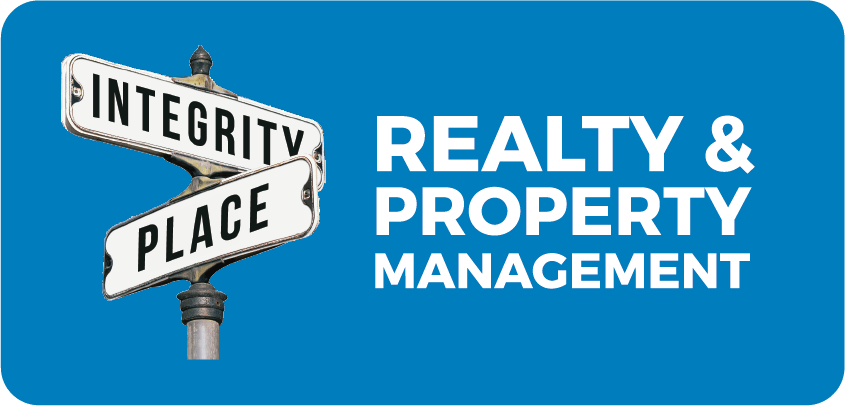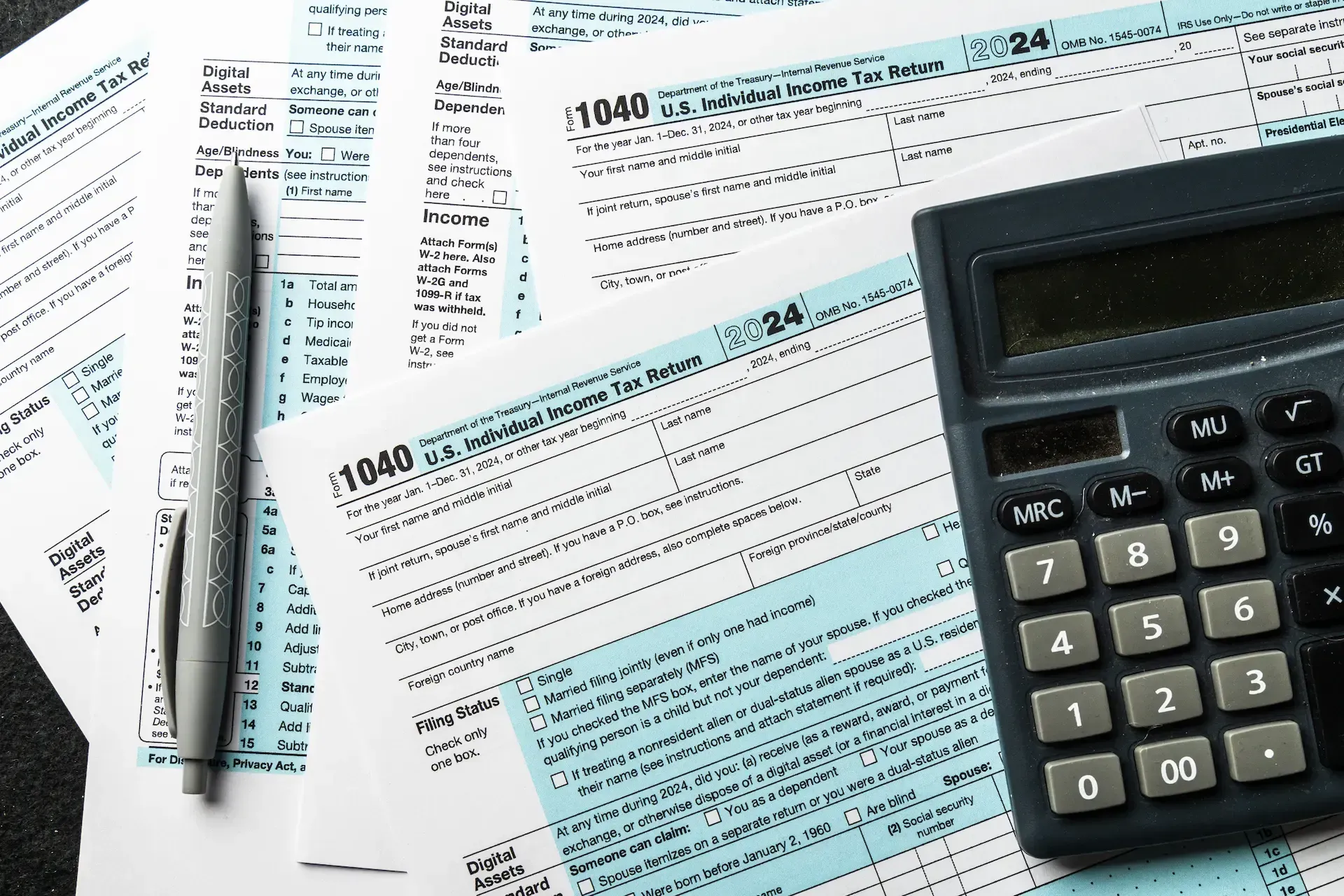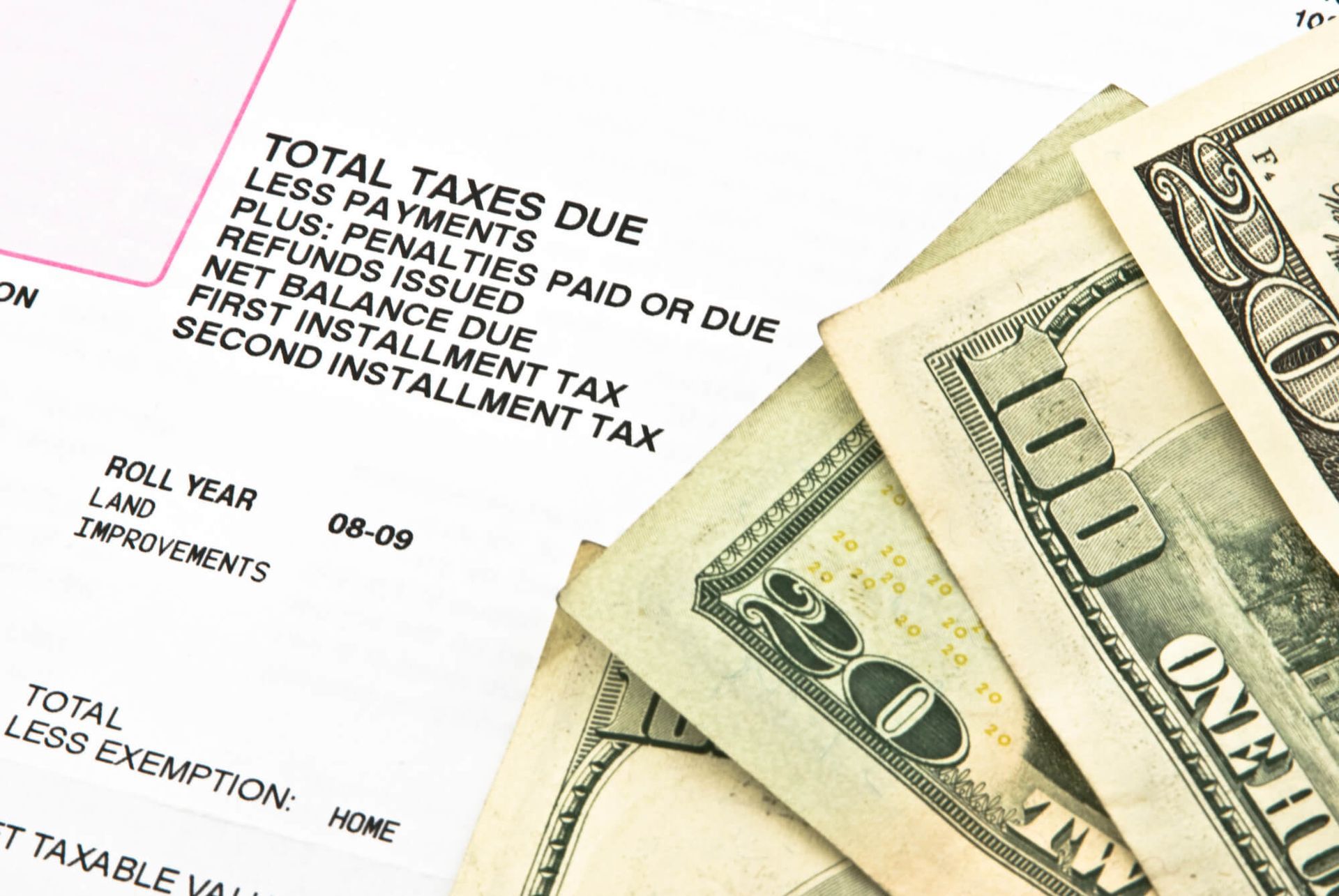Can A Property Manager Evict A Tenant?

Evictions are one of the most stressful aspects of being a landlord. Whether it’s unpaid rent, lease violations, or property damage, having to remove a tenant from a rental property can be legally complex and emotionally taxing, but many property owners choose to hire professionals to take on that burden.
Let’s dive in and explore the eviction process, what a property manager can and cannot do legally, and why having an experienced property management company in your corner makes a big difference, especially in areas like Utah County and Salt Lake County, where landlord-tenant laws are strictly enforced.
Understanding the Role of a Property Manager
Before diving into eviction authority, it’s important to understand what a property manager does. A property manager is responsible for overseeing the day-to-day operations of a rental property on behalf of the owner. This typically includes marketing the property and filling vacancies, collecting rent, scheduling and performing routine maintenance, conducting inspections, communicating with tenants, and enforcing the terms of the lease. In many situations, property owners choose to work with a property management company to take care of these ongoing responsibilities, especially when legal administrative challenges (such as evictions) arise.
Can Property Managers Evict Tenants?
The short answer is yes, but with limitations. A property manager can initiate the eviction process and manage most of the legal and procedural steps involved, but they cannot physically remove a tenant from the property. Only the court has the legal authority to order a tenant’s removal. In most cases, whether a property manager can evict a tenant depends on local and state laws, the specifics of the management agreement, and whether the manager has been given the property's legal authority to act on the owner’s behalf.
Evictions in Utah
If you’re a landlord in Utah County or working with a Salt Lake County property management company, it’s essential to understand that the eviction process is governed by the Utah Fit Premises Act. According to Utah law, only landlords or individuals acting on the landlord’s behalf can initiate the eviction process. If a property management company has been properly authorized through the management agreement, they are allowed to serve eviction notices, file the necessary court paperwork, and, in some instances, even appear in court. However, the physical removal of a tenant can only be carried out by a law enforcement officer, typically a sheriff, and only after the court has issued a writ of restitution. So while a property manager can technically evict a tenant, they are not the party responsible for removing the tenant by force if the situation requires it. Property managers will handle all crucial steps leading up to that point and coordinate with law enforcement as needed.
Common Reasons for Eviction
Knowing the legal grounds for eviction is key for any landlord or property manager. In Utah, tenants can be evicted for several reasons. Non-payment of rent is one of the most common and usually follows a three-day notice to pay or vacate. Lease violations also qualify, including unauthorized occupants, pets, or engaging in illegal activity on the premises. A tenant who stays in the property after the lease term ends without signing a new lease—also known as holdover tenancy—can be subject to eviction as well. Significant, intentional damage to the property is another justifiable reason, as is any form of criminal activity taking place in the rental unit. In each of these scenarios, a property manager can assist in gathering documentation, issuing notices, and filing all necessary paperwork to proceed with a lawful eviction.
How a Property Manager Handles the Eviction Process
Evictions are never easy, but when necessary, a property manager plays a crucial role in ensuring the process is handled professionally and in compliance with local laws. Here’s a step-by-step look at how property managers typically manage the eviction process from start to finish:
1. Documentation of Violation
The property manager first gathers evidence of the lease violations, whether they are unpaid rent, noise complaints, or property damage.
2. Serving Notice
Depending on the violation, a 3-day, 5-day, or 15-day notice may be issued. Property managers ensure these notices meet all legal formatting and delivery requirements.
3. Filing in Court
If the tenant fails to comply, the property manager can file a formal complaint in court, often working with a legal team.
4. Court Representation
Many property managers are authorized to represent the landlord in court hearings, particularly if there’s a power of attorney clause in the management agreement.
5. Coordinating Tenant Removal
Once a judge grants an eviction, a writ of restitution is issued, and the local sheriff enforces the removal. The property manager helps coordinate this final step.
While eviction is a last resort, having a knowledgeable property manager ensures the process is carried out legally, efficiently, and with minimal disruption to the property and community. By understanding whether or not a property manager can evict a tenant, you can make informed decisions regarding your tenant interactions. A qualified manager helps protect the landlord’s investment while maintaining fairness and due process.
Legal Limitations: What Property Managers Can’t Do During an Eviction
Even when authorized, property managers must operate within the confines of the law and avoid what’s known as “self-help” evictions, which are strictly prohibited in Utah. This means they cannot change the locks without a court order, shut off utilities, force a tenant to leave, threaten or harass tenants, or remove a tenant’s belongings from the property. Any of these actions can lead to legal consequences, not just for the property manager, but also for the property owner who employs them. It’s crucial that the eviction process be handled properly to avoid lawsuits or penalties.
What About Self-Managing Landlords?
For landlords choosing to manage their properties without professional help, navigating an eviction can be especially challenging. You’ll need to have a clear understanding of Utah’s eviction laws, ensure that any legal notices are formatted and delivered correctly, and handle the court filings on your own. If the case goes to court, you may need to appear without any legal training, which can be intimidating and risky. Even small mistakes—like missing a deadline or improperly completing a notice—can result in delays, added expenses, or having to restart the entire process from scratch. Without guidance from a professional property manager, what begins as a routine eviction can quickly spiral into a complicated legal issue.
Partner with Integrity Place Realty & Property Management
At Integrity Place Reality & Property Management, we recognize that owning rental property is more than just an investment—it’s a serious responsibility. Whether you’re dealing with challenging tenants, navigating the complexities of Utah’s eviction laws, or simply feeling overwhelmed by the day-to-day demands of being a landlord, our team is here to support you every step of the way.
We offer comprehensive property management services across Utah County and Salt Lake County, handling everything from legal notice preparation and eviction coordination to rent collection and lease enforcement. Our goal is to simplify your experience with proactive communication, reliable service, and full legal compliance—so you can enjoy the benefits of property ownership without the stress.
Don’t let tenant disputes or legal missteps put your investment at risk. Reach out to Integrity Place Realty & Property Management today to learn how we can help you manage your property with professionalism, care, and confidence, and schedule your consultation today!










